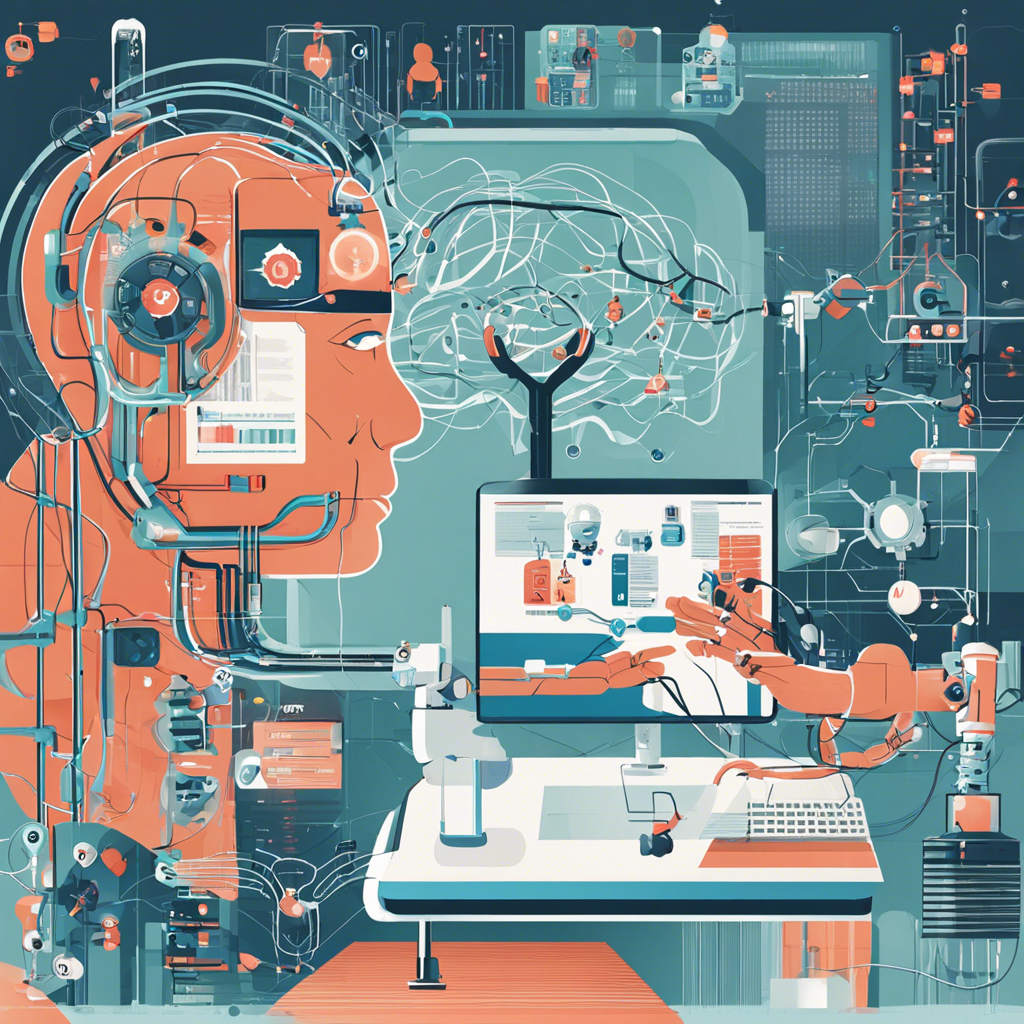The healthcare industry is undergoing a significant transformation as artificial intelligence (AI) emerges as a game-changer. AI has the potential to revolutionize the way healthcare services are delivered and improve patient outcomes. From diagnosing diseases to developing personalized treatment plans, AI is changing the face of medicine.
One of the most significant impacts of AI in healthcare is its ability to improve diagnosis and treatment. AI-powered systems can analyze large amounts of data, including patient records, medical images, and genetic information, to identify patterns and correlations that may not be apparent to human clinicians. This enables more accurate and early detection of diseases, leading to better patient outcomes. For example, AI algorithms can detect cancer from medical images with a high degree of accuracy, helping radiologists in their diagnosis and treatment planning.
AI also plays a crucial role in personalized medicine, where treatments can be tailored to individual patients. By analyzing a patient’s genetic information, lifestyle factors, and medical history, AI can help develop targeted treatment plans that take into account the unique characteristics of each patient. This moves away from a one-size-fits-all approach to healthcare and towards a more precise and effective model.
Another benefit of AI in healthcare is its ability to improve patient monitoring and care. AI-powered devices and sensors can track patient vital signs, movement, and behavior, providing real-time data that can be used to detect deterioration or improvement in a patient’s condition. This enables healthcare providers to make more informed decisions and provide timely interventions. For example, AI-powered wearable devices can monitor a patient’s heart rate, blood pressure, and movement, alerting healthcare providers to potential issues before they become critical.
AI also enhances drug development, as it can accelerate the identification of potential treatments and reduce the time and cost associated with traditional drug discovery methods. AI algorithms can sift through vast chemical and biological datasets to identify promising drug candidates and optimize their structure for efficacy and safety.
The potential applications of AI in healthcare are vast, and we have only begun to scratch the surface. As AI technology continues to advance, we can expect to see even more innovative solutions that will improve patient care, reduce costs, and save lives. It is an exciting time for healthcare, and AI is set to play a leading role in shaping the future of the industry.
However, with great opportunity comes great responsibility. As we embrace the potential of AI in healthcare, we must also carefully consider the ethical implications and potential pitfalls. AI systems must be developed with rigorous ethical frameworks and governed by robust regulatory policies to ensure patient privacy, data security, and transparency in decision-making.
Overall, the integration of AI in healthcare offers immense potential to improve patient care and outcomes. As we move forward, a careful balance between embracing the benefits of this technology and addressing the ethical considerations will be crucial to ensuring that AI positively impacts the lives of patients and providers alike.

